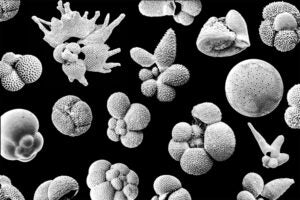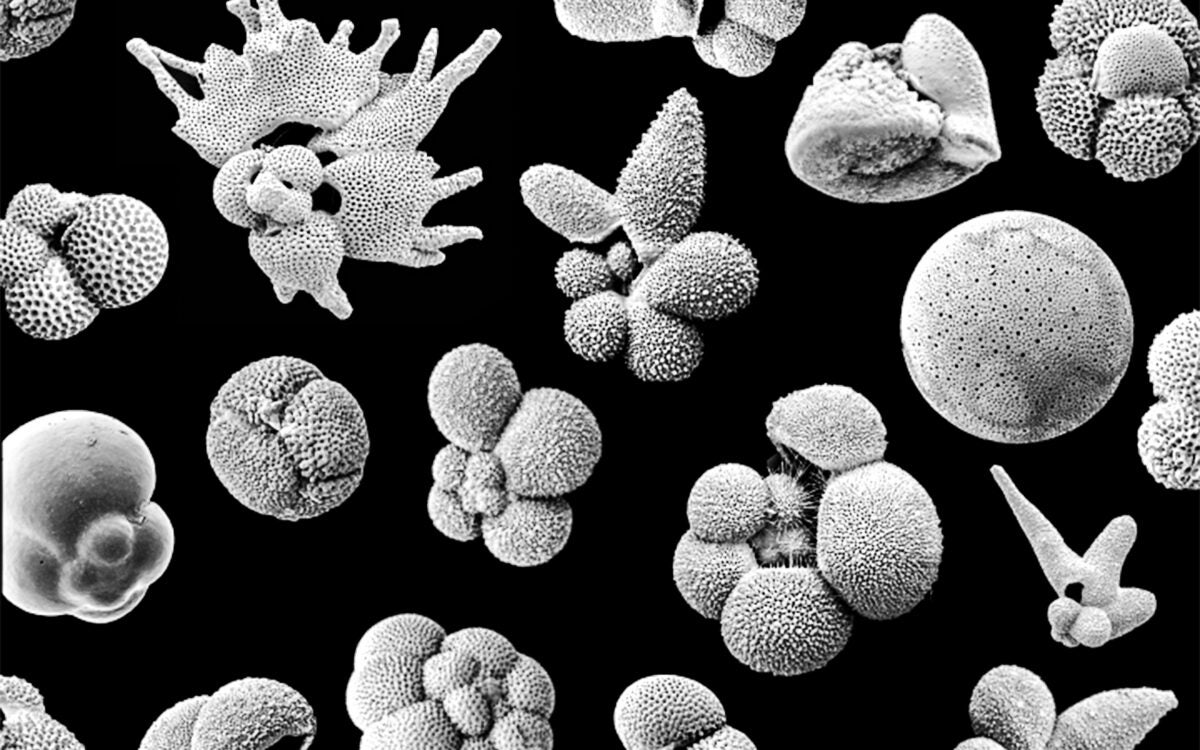Newly found genes affecting allergies and asthma could provide new drug targets
Allergies affect 30% of people around the world and asthma afflicts 10% of all children. Now, a new study has uncovered more than 30 genes that have strong effects on allergies, asthma, and Immunoglobulin E (IgE), an antibody that triggers allergic responses. Among these genes are promising new potential drug targets for treating allergies and asthma.
The study appears online February 18, 2015 in the journal Nature. Liming Liang, assistant professor of statistical genetics at Harvard T.H. Chan School of Public Health, was lead author of the study.
Using a novel technique known as an epigenome-wide association study (EWAS), the researchers — in the United States, the United Kingdom, Sweden and Canada — also found that the genes are concentrated in eosinophils, a white cell that ignites inflammation in asthmatic airways. The genes indicate when the eosinophils are activated and primed to cause the most damage.
Therapies that neutralize eosinophils already exist, but they are very expensive and they only work for some asthma sufferers. The newly found eosinophil activation signals provide a possible means of directing treatments by predicting who will respond to medication.




